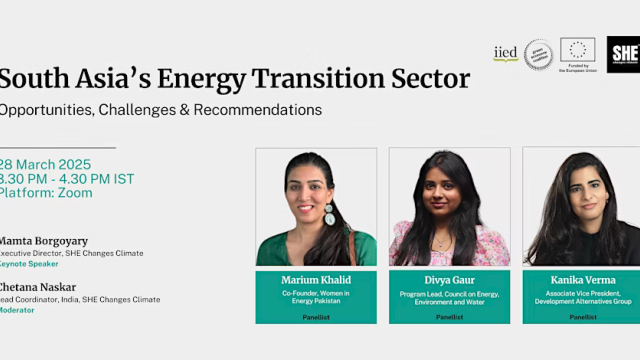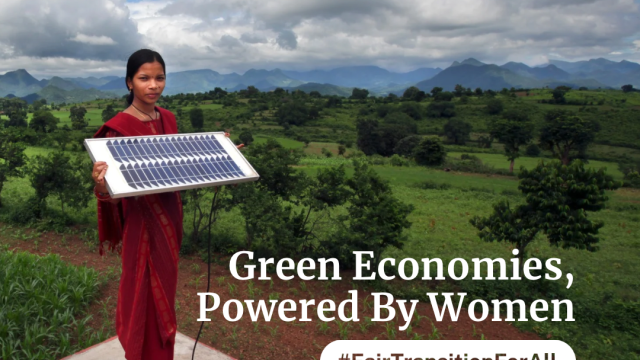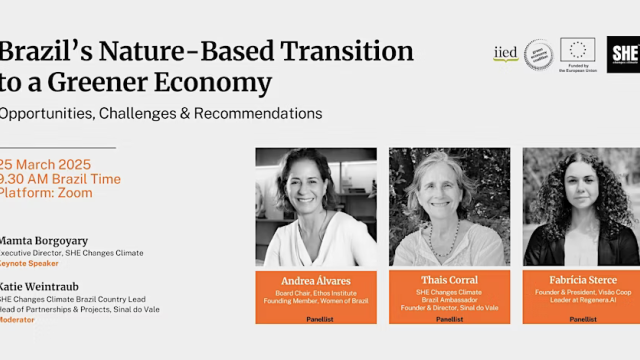Tackling inequality is a game changer for business - which is why they ignore it
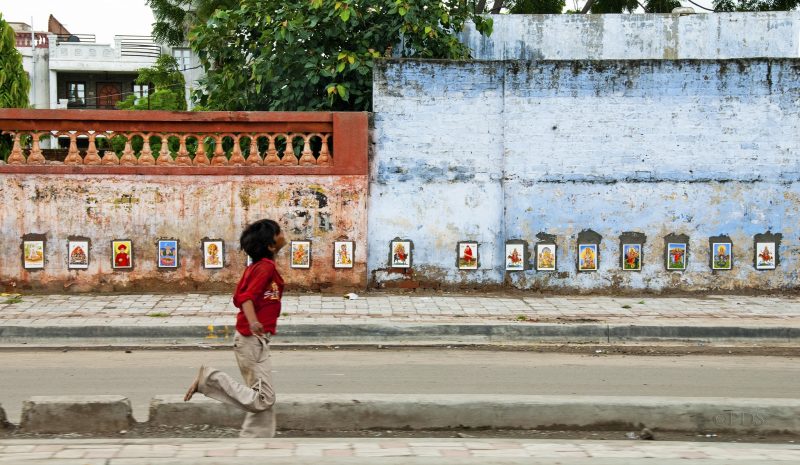
A good example is the UN Global Compact, which steers companies on how to implement the SDGs. They completely side-step the difficult implications of inequality on business and redefine the inequality SDG as boiling down to social sustainability or human rights / women’s empowerment goal. All good things that we at Oxfam also fight for, but these can all happen simultaneously with increasing concentration of income and wealth amongst the richest – i.e. rising inequality. We know that rising inequality is one of the great threats to our society and economy. So why is business and the aid world so uncomfortable with tackling it head on?
Inequality is a relative rather than an absolute measure. This often makes it a zero-sum game – to spread wealth and income more equally, someone probably has to lose. But the intersection of business, sustainability and development has become locked into an exclusive focus on win-win approaches where there are no trade-offs and everyone gets their cake and eats it too. Addressing inequality often hits the bottom line – meaning changes to the prices paid to farmers, wages paid to workers, taxes paid to government and prices charged to consumers. But there is hope. Through a new lens (or metric) that should drive how business addresses inequality: share of value.
Don’t confuse this with Creating Shared Value, which is focused on the win-win (without commenting on how the created value is shared). What I’m proposing is a measure that compares businesses on how they share value with workers, farmers and low-income consumers. In fact the concept dates back to the original principles underpinning the fair trade movement some decades ago.
“ If you’re doing business with people on low incomes (or affecting them in some way) – negotiating wages, negotiating farm gate prices, paying taxes, negotiating what you charge them for your product or service – then we need to scrutinise if you’re increasingly squeezing value away from them.”
Consider for instance that cocoa farmers used to get 16 per cent of the value of a chocolate bar in the 1980s. Today, they get less than 6%. Let’s measure this for all products and services in our economy to answer: what value goes to workers, farmers, governments? How is it changing? Which companies share more value with the stakeholders that need it?
For instance through the Kenyan Tea Development Agency – a business owned by 550,000 small-scale tea farmers with 66 tea processing factories – farmers receive over 75 per cent of the final tea price. Meanwhile, tea farmers across the border in Rwanda, without a similar business model, only earn 25 per cent. These differences are at the heart of what inequality means to business.
Measuring how value is shared rubs up against the DNA of business. It takes discussions into the negotiation room, somewhere that development or sustainability practitioners are not welcome. Beyond what’s necessary to retain business partnerships, businesses aren’t wired to leave money on the table. I certainly never did in the various sectors I’ve done business in. But how can you share more value with the very people you’re also negotiating with (directly or indirectly)?
Mixing sustainability and pricing feels unnatural for business. Whenever I ask a company touting their sustainability credentials (often companies sourcing from developing countries) the question “do you know if the prices you pay allow for sustainable production”, I always get a hostile response. One ‘sustainability leader’ once responded on a panel I was moderating: “we are not a charity, why would we pay more for our commodities than we have to?”
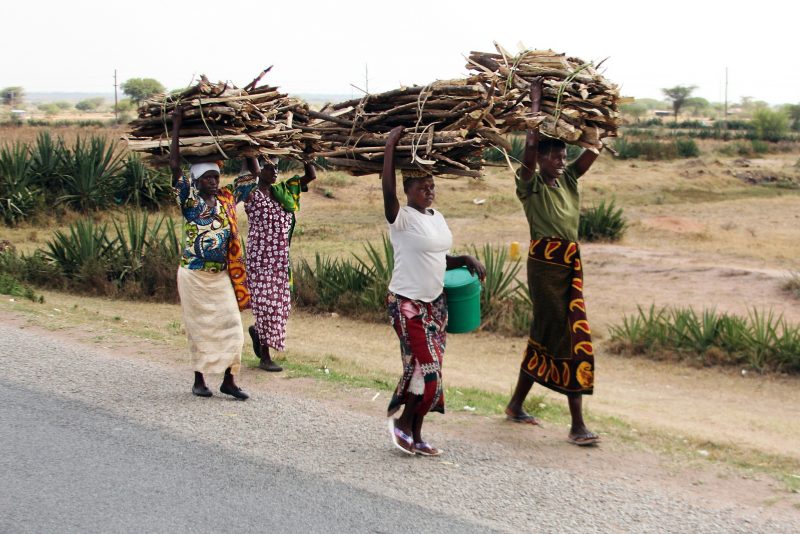
The trend driving rising inequality is that value is increasingly being captured by capital rather than workers. The business world drives this trend as business-as-usual keeps squeezing value from workers. And it’s likely to get worse, with increasing mechanisation. I’m exploring this with one executive in a global tech company who is worried that their business model forces them to channel value to shareholders and thinks a restructuring of business may be needed if we are to avoid spiraling inequality and joblessness. Shouldn’t we promote businesses that defy this trend, before the robots take over?
If you’re doing business with people on low incomes (or affecting them in some way) – negotiating wages, negotiating farm gate prices, paying taxes, negotiating what you charge them for your product or service – then we need to scrutinise if you’re increasingly squeezing value away from them. In a nutshell, that’s how the inequality SDG relates to business.
If business is serious about the SDGs, and understands the potential dangers of rising inequality on the stability of our world, it needs to find a way to scrutinise whether it fights or fuels inequality. Measuring share of value would be a good start.
Erinch Sahan is a Senior Policy Adviser on Business and Markets for Oxfam Asia.
This article has been reposted from Oxfam's 'From Poverty to Power' blog. Original article available here.
Image credits:
"Slum Life Liberation" (CC BY-NC 2.0) by FreedomHouseDC
"Inequality" (CC BY-SA 2.0) by alchen_x
